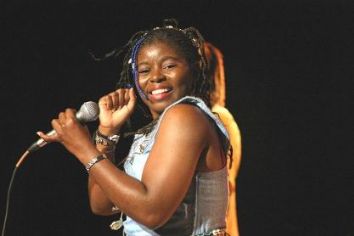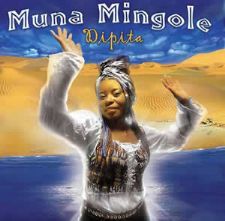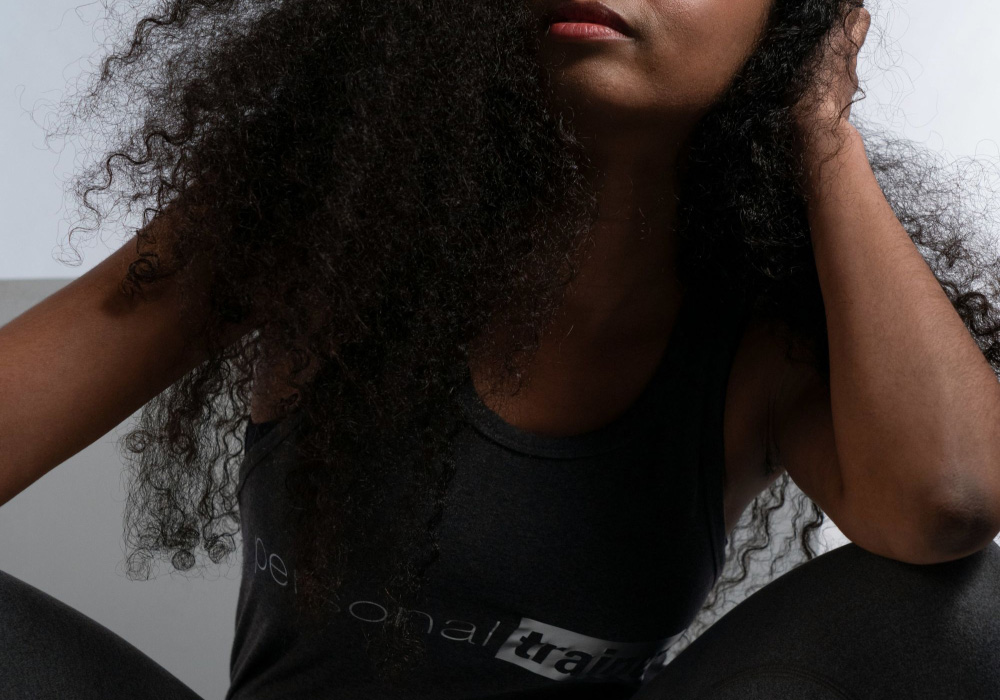
Singer/songwriter Muna Mingole
An interview with singer and songwriter Muna Mingole
It’s 11 a.m. on a Sunday morning. On the other end of the phone line, songwriter and vocalist Muna Mingole is a wave of positive energy waiting to burst. I am fumbling with a cup of coffee, a recorder, and many pieces of paper, but it seems she’s been up for a while. Once we begin to talk, her passion for music and culture becomes evident both in her tone and in her words.
“I find that Cameroonian culture, African culture, is so rich that I do not see myself doing something else,” she says as I ask her if she feels a certain responsibility to represent Cameroon and Africa.
“If you look at what is taught in the villages before people even had bibles, they used to say things that you find in the Bible. They taught us the real thing, and we have to keep it going through the generations so that the music doesn’t die and the culture doesn’t die. I also believe that if you know where you come from, you’ll definitely know where you’re going. For all these reasons, I feel that I should carry my culture.”
Muna Mingole was born in Paris, France, and moved to Canada with her family at the age of two. Up until that point, Cameroon was her parents’ homeland, distant and unknown to her. It is only in 1985 that she moves to the city of Douala and discovers both the habits and customs of her ancestral land and her own musical voice.
“When I went to Cameroon in 1985, I already loved music. (…) First, it was for fun. I used to think I was the Madonna of Lycee Technique [the school she attended in Cameroon ]. I also used to sing Whitney Houston songs. So after my first concert in 1991, people were telling me: ‘you have so much talent’, so I thought ‘well, it would be good as a hobby’. But I wanted to be a lawyer, so I wasn’t thinking of music as a career. But there was always something missing. So I think coming back here and performing and seeing how the audience reacted to what I did made me realize that I could do it as a career.”
|
Since 2000, the accolades have not stopped coming. First, there was her performance on the great stage of Les Francofolies in Montreal, where she was hailed as “The New World beat revelation.” Later, in 2002, she was invited to perform for the Queen during her Canadian Jubilee tour.
In 2004, Muna Mingole released her first CD, “Dipita,” which means “hope” in Duala, her ancestral language and the one she chooses to use in her songs despite her fluency in both French and English.
“It [the language] identifies me better as a Cameroonian and as an African woman. I feel that what I present is myself, my background.”
|
So, I think coming back here and performing and seeing how the audience reacted to what I did made me realize that I could make it a career.”
But if your Duala is a little rusty, don’t despair.
“I usually include the words to the songs in English and French, so people get what I am saying,” she notes. Muna also plans to add the lyrics to her website, allowing visitors to fully grasp the messages along with the music.
The music itself is a mixture of African styles, a blend of Makossa, rooted on the Atlantic coast of Cameroon and Bikutsi, and is mostly prevalent in the centre/south of the country.
“When I discovered Cameroon, it was presented to me as ‘ Africa in miniature,’” Muna says. “There are many languages and many musical styles. So, when I started recording my album, I wanted it to reflect Cameroon in all of its diversity. All the music that I do, although there is a South African flavour from time to time, is music from all the parts of Cameroon .”
Given the recent growth of what has been labelled “World Music,” North American audiences have become accustomed to sounds from various parts of the planet. In each case, various elements draw them to certain artists. So what continuously draws the crowds back to Muna Mingole’s shows?
“I make sure that the audience understands what I am singing. So, the way I do my shows is I bring them on an African voyage, a cultural African voyage. So they’re travelling with me. (…) Also, the dancing part is very appreciated by the audience. So it’s a sharing process.”
In addition to her music, Muna Mingole sees it as a duty to be involved in her community.
“As an artist, kids look at what you do, what you wear, and what you say. So you’re kind of a reflection of society. So it’s very important for me to do community work. On a personal level, I believe in peace, equality, and children. I love children! It’s very fulfilling for me to know that I am actually accomplishing something for them.”
Muna is currently working on a new album. “I don’t wanna mention when it will be out yet,” she stresses. “I have most of the songs, but they’re not at the level that I want them to be.”





